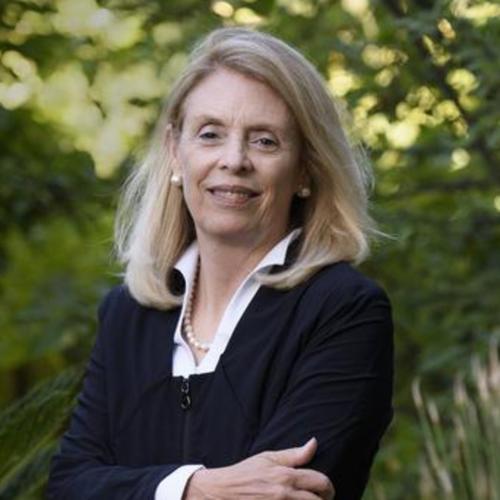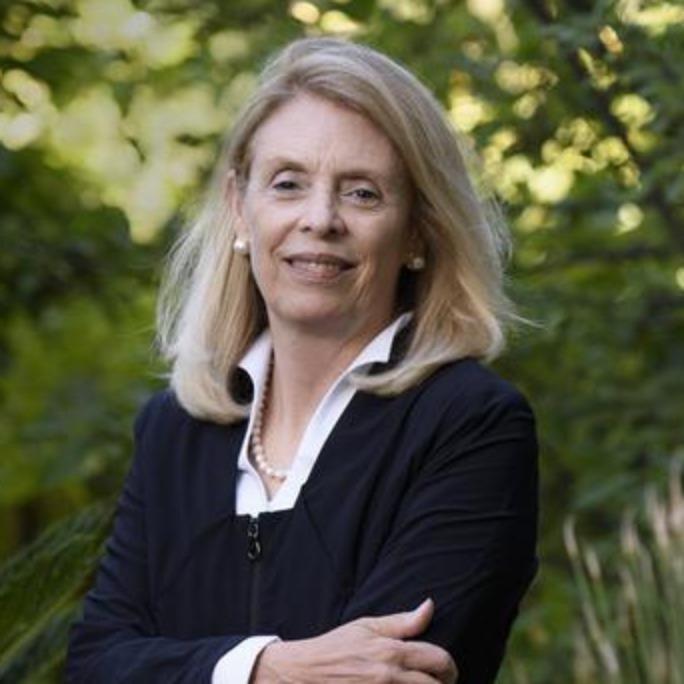Prof. Dr. Londa Schiebinger: DiGENet International Guest 2023
Londa Schiebinger is the John L. Hinds Professor of History of Science in the History Department at Stanford University and Director of the EU/US Gendered Innovations in Science, Health & Medicine, Engineering, and Environment Project. From 2004-2010, Schiebinger served as the Director of Stanford's Clayman Institute for Gender Research. She is a member of the American Academy of Arts and Sciences. Professor Schiebinger received her Ph.D. from Harvard University in 1984 and is a leading international authority on gender in science and technology. Over the past thirty years, Schiebinger devoted her work to teasing apart three analytically distinct but interlocking pieces of the gender and science puzzle: the history of women's participation in science; gender in the structure of scientific institutions; and the gendering of human knowledge. Professor Schiebinger’s pioneering work on methodological tools for integrating sex, gender, and intersectional analysis into research and innovation has influenced policy at the highest levels, including the European Commission, the United Nations, and numerous national science foundations. She authored key background papers for the UN Commission on the Status of Women in 2010 and 2022, advancing frameworks for inclusive and effective research design on a global scale. In recognition, she has been elected to the American Academy of Arts and Sciences, received a Guggenheim Fellowship, and was the first woman in her field to be awarded the prestigious Alexander von Humboldt Research Prize. She also holds multiple honorary doctorates from leading European universities.
Londa Schiebinger was selected as a DiGENet International Guest for her unparalleled ability to bridge research excellence with equity-driven transformation. Her visit supported DiGENet’s mission to embed diversity, gender equality, and intersectional knowledge into the structural development of the Berlin research landscape. Her methodological rigor, interdisciplinary reach, and global policy engagement made her a powerful contributor to the Berlin University Alliance’s efforts to promote inclusive research strategies. During her stay as a DiGENet International Guest, Schiebinger engaged in a series of high-impact activities that significantly contributed to the advancement of gendered innovations and diversity within the Berlin University Alliance. Her visit began with a strategic discussion at Charité on gendered innovation in medicine, where she collaborated with university management and stakeholders to identify potential and strategic priorities. This exchange set the tone for her subsequent engagements, which focused on integrating gender and diversity perspectives into various academic disciplines. Prof. Schiebinger's expertise was particularly valuable in highlighting the importance of inclusive research practices and the need for institutional support to foster these innovations. One of the most impactful events during her stay was her lecture at the Paul Ehrlich Lecture Theater, titled "Gendered Innovations: Importance and Relevance Across Different Disciplines." This talk drew a large audience, including researchers, faculty, and students from across BUA. Prof. Schiebinger presented case studies and methodologies for integrating sex, gender, and intersectional analysis into research, emphasizing how these approaches can lead to ground-breaking discoveries and more equitable outcomes. The lecture sparked insightful discussions and inspired attendees to consider how they could apply these principles totheir own work. Additionally, her talk at the Innovations Lab CERRI,"How to Communicate Gendered Innovations? Science, Policy, & Communication" provided practical insights into effectively communicating these complex ideas to broader audiences. Prof. Schiebinger's meetings with prominent faculty members at Humboldt Universität and Freie Universität were equally significant. She engaged in deep discussions with University Leadership such as Prof. Peter Frensch, President to Humboldt-Universität zu Berlin and Prof. Blechinger, Vice-president to Freie Universität Berlin, exploring how gendered innovations could be integrated into their respective fields. These dialogues were instrumental in fostering interdisciplinary collaborations and encouraging researchers to adopt more inclusive research practices. Furthermore, her meeting with all vice-presidents for research (Executive Board of the Berlin University Alliance) was a pivotal moment. She discussed the importance of institutional support for gendered innovations and the need to embed sex, gender, and intersectional analysis into research.


